Try embracing virtual reality (VR) in educational settings. Schools and universities find VR training a valuable tool, offering immersive experiences…
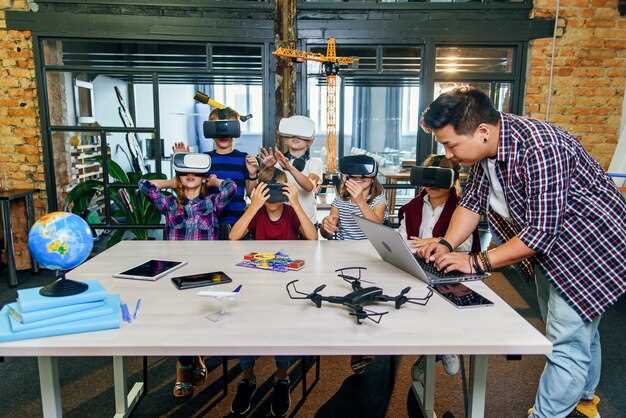
Exploring virtual reality training in Education
Try embracing virtual reality (VR) in educational settings. Schools and universities find VR training a […]
Read More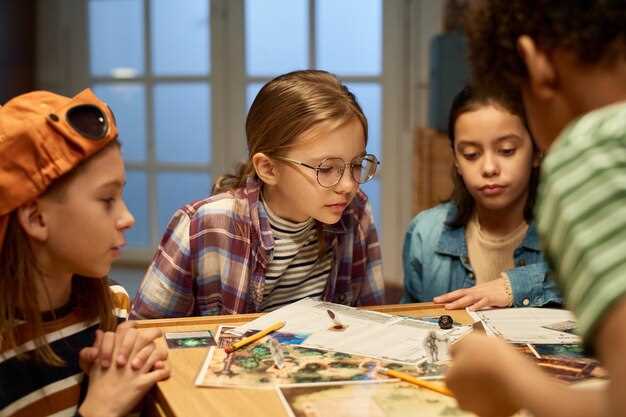
Exploring motivating students in Education
Encourage students to set personal goals. Empowering them to define their objectives fosters intrinsic motivation, […]
Read More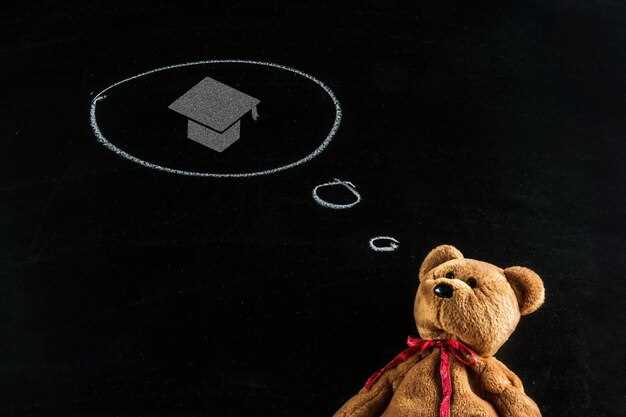
Exploring learning motivation in Education
Begin with a clear objective for each lesson to jumpstart motivation among students. This approach […]
Read More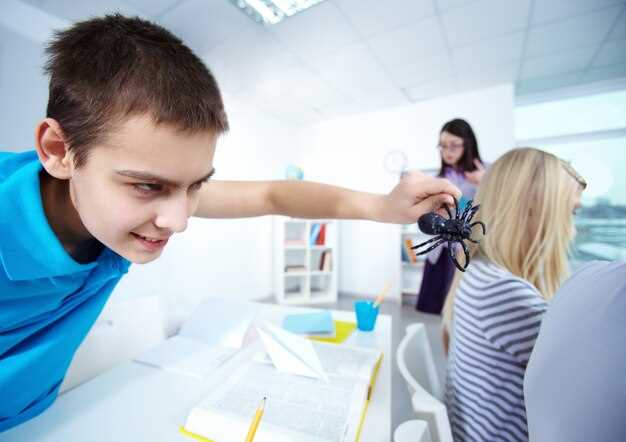
Exploring benefits and challenges in Education
Prioritize personalized learning to meet the needs of diverse student populations. Shifting the educational approach […]
Read More
Why More Australians Are Choosing to Play Digital Pokies at Home
Australians are increasingly opting to enjoy digital pokies from the comfort of their own homes, […]
Read More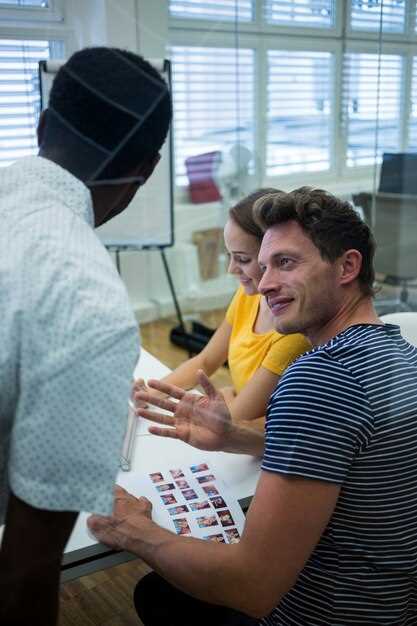
Exploring gamification in corporate training in Education
Incorporating gamification into corporate training programs is a strategy that can significantly enhance employee engagement […]
Read More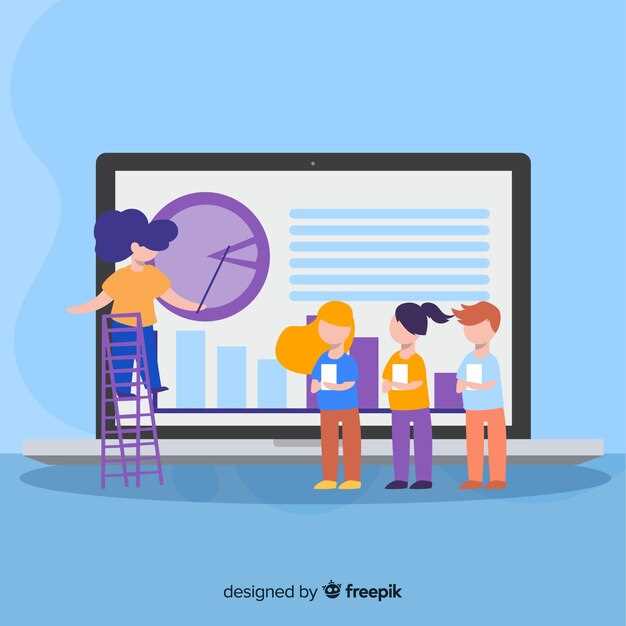
Exploring data analytics in education in Education
Dive into actionable insights on enhancing educational strategies using data analytics. Schools and educators stand […]
Read More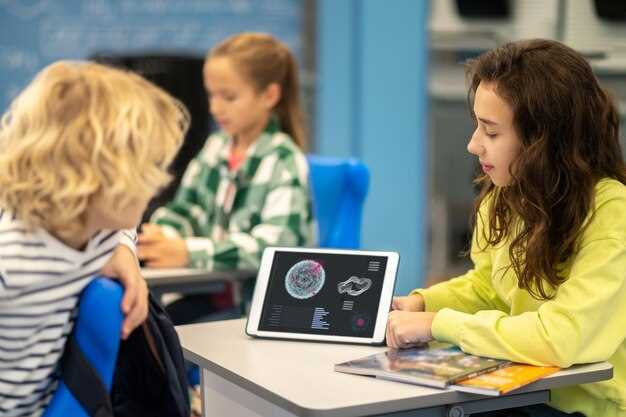
Exploring neuroscience perspective in Education
Understanding how the brain learns is key to optimizing educational strategies. Neuroscience research suggests that […]
Read More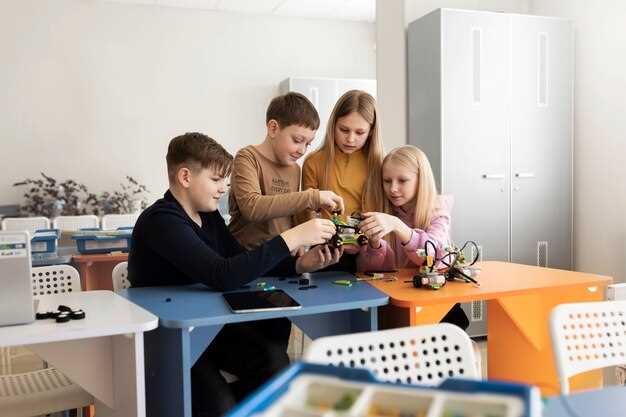
Exploring educational technology tools in Education
Begin with Padlet. This versatile, user-friendly tool encourages collaboration and creativity among students. Teachers can […]
Read More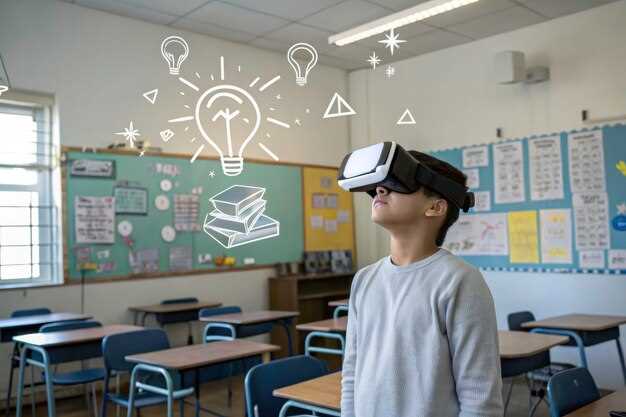
Exploring augmented reality in education in Education
Integrate augmented reality (AR) into your teaching approach to captivate students and amplify their learning […]
Read More